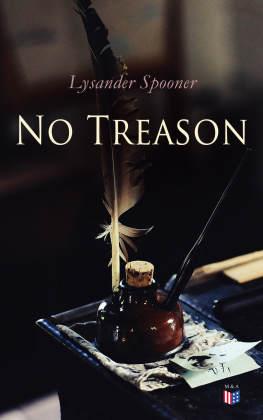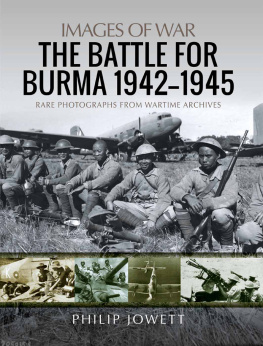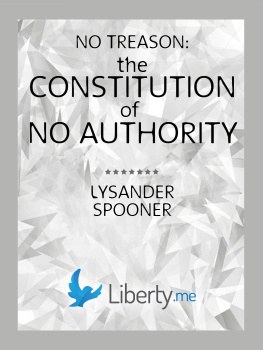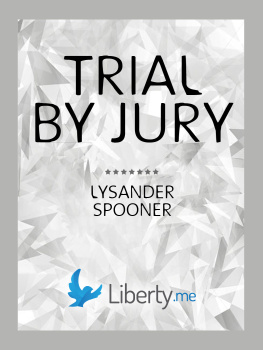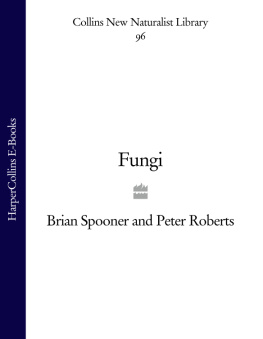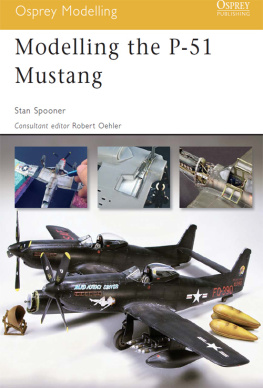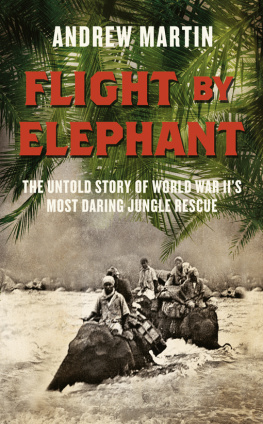

First published in Great Britain in 2012 by
Pen & Sword Military
an imprint of
Pen & Sword Books Ltd
47 Church Street
Barnsley
South Yorkshire
S70 2AS
Copyright Pat Spooner 2012
9781781594001
The right of Pat Spooner to be identified as Author of this Work has been asserted by him in accordance with the Copyright, Designs and Patents Act 1988.
A CIP catalogue record for this book is
available from the British Library
All rights reserved. No part of this book may be reproduced or transmitted in any form or by any means, electronic or mechanical including photocopying, recording or by any information storage and retrieval system, without permission from the Publisher in writing.
Typeset in Sabon by
Phoenix Typesetting, Auldgirth, Dumfriesshire
Printed and bound in England by
CPI Group (UK) Ltd, Croydon, CR0 4YY
Pen & Sword Books Ltd includes the Imprints of Pen & Sword Aviation, Pen & Sword Family History, Pen & Sword Maritime, Pen & Sword Military, Wharncliffe Local History, Pen & Sword Select, Pen & Sword Military Classics, Leo Cooper, The Praetorian Press, Remember When, Seaforth Publishing and Frontline Publishing.
For a complete list of Pen & Sword titles please contact
PEN & SWORD BOOKS LIMITED
47 Church Street, Barnsley, South Yorkshire, S70 2AS, England
E-mail: enquiries@pen-and-sword.co.uk
Website: www.pen-and-sword.co.uk
DEDICATED TO
My dear friend, Jimmie,
The late Lieutenant Colonel J. Y. Ferguson MBE MC
Royal Scots
AND TO
All those brave Italians, from all walks of life,
Especially the courageous Contandini ,
Who risked their lives to help us on our way to freedom.
He goes seeking liberty, which is so dear,
As he knows who for it renounces life.
Divine Comedy Inferno
Dante Alighieri (1265 1321)
Foreword
by
Field Marshal Sir John Chapple GCB CBE DL
Like many of his generation, Pat Spooner packed in a lot during the Second World War. Very few, however, will have experienced such an adventurous and diverse set of different military exploits.
He started as a young officer, fresh out of Sandhurst, among the last Regular Army entrants to the Indian Army. He joined the 8th Gurkha Rifles in 1940 and started his service with them in the peaceful hills of Shilong, Assam. Then he moved to North West India and went with the 2nd Battalion, 8th Gurkha Rifles to Iraq. In this he was fortunate because his battalion had been under orders to move to Singapore. They were diverted to Iraq to help head off the German interest in the oilfields. He was on active service there until April 1942 after which Pat Spooner went, in a new role, to North Africa. Here, in June 1942, he was captured near Tobruk and was sent to a prisoner-of-war camp in Italy.
After fifteen months in various camps, the Italian armistice was announced in September 1943 and Pat managed to get away and head for the Allies front line in the South. This was yet another adventurous time. He acknowledges the great help given to him by the friendly and very brave Italian contandini.
In the course of their escape he and his close companion, Jimmie Ferguson, were assigned by British Intelligence to help two British Generals, Sir Philip Neame VC and Sir Richard OConnor, and Air Vice Marshal Boyd, also trying to reach the British lines. Pat describes in detail their harrowing adventures. It took until Christmas 1943 before they all got back to safety.
After a brief break back in England Pat was re-assigned to yet another role in India, operating behind the enemy lines in the Arakan, and then engaged in landing and hiding stores on remote, and Japanese-occupied, islands in the Indian Ocean. These were intended to help RAF aircrews who might not be able to make it back to their bases in India or Ceylon. This work is hardly mentioned in official histories; nor does it appear in other wartime memoirs.
Then, after the Japanese capitulation in late 1945, Pat found himself involved for nearly two years in investigating and bringing to justice Japanese who had committed horrific war crimes in South-east Asia. Again, these accounts throw light on little recorded events. This role took him to Malaya, Java, Burma and Singapore. It was challenging work and there did not appear to be too much support.
Just before Indian Independence, Pat Spooner left his parent regiment and the Indian Army. He had had over seven exciting years. Although still in his twenties he had reached the rank of Lieutenant Colonel. It had been an Adventurous time for which he had shown much Talent.
Field Marshal Sir John Chapple GCB CBE DL
Acknowledgements
This book started life as an account of my wartime experiences which I hoped might be of interest to my family and friends. My mother had kept all my letters and diaries, and it is thanks to her diligence that I was able to record my experiences with reasonable accuracy.
The gestation period was prolonged, and only recently I happened to mention an episode at the end of the war to a fellow-worshipper at my church, St Martha-on-the-Hill, near our home in Guildford, Duncan Simpson OBE, a former test pilot, who contributes articles to The Aeroplane magazine. He introduced me to the Deputy Editor, Nick Stroud, who commissioned me to write an article on my exploits in the Andaman Islands (reproduced as Chapter 6 in this book Clandestine Catalinas). It was Nick who badgered me to make my wartime experiences available to a wider audience. This, therefore, became the genesis of my autobiography and I am truly grateful for all his help and encouragement.
I acknowledge with gratitude the part played by Anne Hereward and Jane Demery who each spent many hours typing and re-typing chapters from my draft. I am indebted to my brother, John, a retired English teacher at a college in Vancouver, Canada, for his critical comments on the initial draft manuscript; also to Angela Blaydon, Director, AB Publishing Ltd, for her help in the final editing of the manuscript. Maggie Nelson produced the maps for the book and a special word of thanks is due to her for her endeavours and the excellent end product.
Likewise, my daughter-in-law, Andrea Spooner, offered invaluable advice on the preparation of the manuscript for submission to publishers, in her capacity as Senior Executive Editor at Little, Brown Books for Young Readers in New York.
Last, but by no means least, I am most grateful to my wife, Frances, whose patience, understanding and constant encouragement was a great source of inspiration without which this book would never have seen the light of day.
Chapter One
Starting with Sandhurst
The taxi drew level with the imposing wrought-iron gates at the entrance to the Royal Military College, Sandhurst. Heart pounding with a mixture of anticipation and excitement, I asked the driver to proceed slowly up the driveway lined with pines and birches leading to the College where I was to spend the next eighteen months as a Gentleman Cadet training to be a fully fledged army officer.
Passing the Lower Lake I saw, through the trees, and beyond a further stretch of water, the impressive buildings of the Old College. Immediately in front was a large parade ground with which I was to become painfully familiar. I had heard of new cadets failing the testing first six weeks of square bashing, the purpose of which was to weed out the weakest cadets. Guards sergeants, I soon learned, were instructed to put the fear of God in their charges, and this they did with relish. One false step and the sergeant would emit a high-pitched screech - You miserable little worm! Yes, you - Sir! What the bleeding hell do you think youre doing - Sir?! However grievous the crime, Gentlemen Cadets must, at all costs, be treated with due respect, even by ferocious drill staff.


